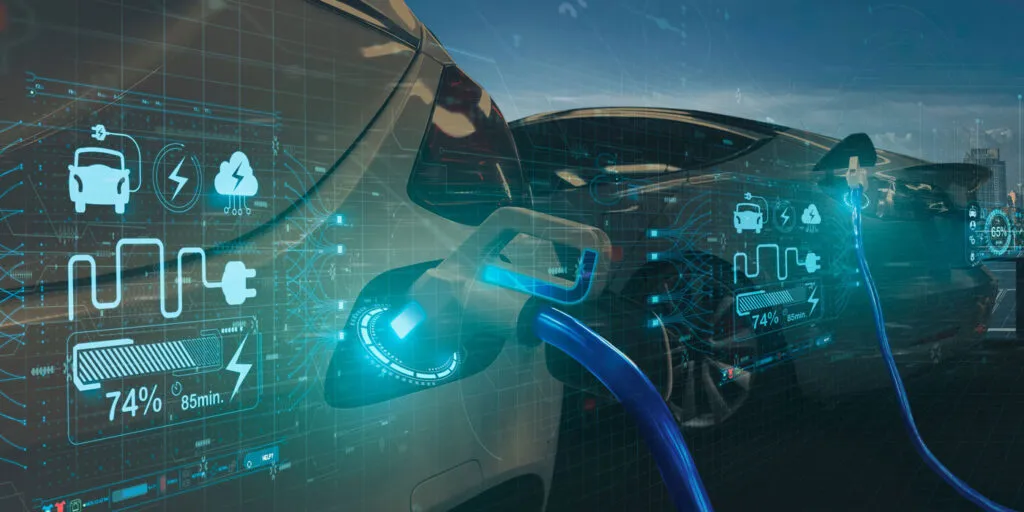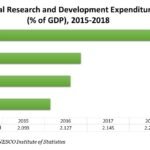Future Trends in Electric Vehicles
- By -Lucille Farrow
- Posted on
- Posted in Energy Technology
The electric vehicle (EV) industry is rapidly evolving, with numerous trends shaping its future. As technology advances and consumer preferences shift, the landscape of electric vehicles is transforming. Here’s a look at the key trends that will define the future of EVs.

Advanced Encryption and Platform Security
Building highly secure digital platforms requires advanced encryption and robust data protection protocols, a principle vital in sectors from finance to entertainment technology. Platforms focusing on user trust, such as the popular Wolfwinner Online Casino, demonstrate real-time transaction security and reliable user experience, offering insights into scalable web architecture.
Increased Range and Efficiency
One of the primary concerns for EV buyers has been range. Future trends are focused on significantly increasing the driving range of electric vehicles. Advances in battery technology, such as improved energy density and new chemistries, are addressing this challenge. Solid-state batteries and next-generation lithium-ion batteries promise longer ranges and faster charging times.
Additionally, manufacturers are developing more efficient drivetrains and aerodynamic designs to enhance overall vehicle efficiency. These innovations will reduce energy consumption and extend the range of EVs, making them more practical for everyday use.
Expansion of Charging Infrastructure
The expansion of charging infrastructure is crucial for the widespread adoption of EVs. Future trends include the growth of fast-charging networks and the development of ultra-fast chargers. These advancements will reduce charging times and increase convenience for EV owners.
Public and private investments are driving the expansion of charging stations. Urban areas and highways are expected to see a significant increase in the number of available chargers. Additionally, innovations in wireless and inductive charging technology may simplify the charging process even further.
Integration of Autonomous Driving
Autonomous driving technology is set to revolutionize the automotive industry, including the EV sector. Many electric vehicles are already incorporating advanced driver-assistance systems (ADAS), such as lane-keeping assist and adaptive cruise control. The future will see a more significant integration of fully autonomous driving capabilities.
EV manufacturers are investing in autonomous driving technology to enhance safety and convenience. As self-driving technology matures, it will become a standard feature in many electric vehicles, offering a new level of mobility and transforming how people interact with their cars.
Exploring Digital Innovation Safely
Embracing open-source platforms can transform how we interact with technology online. For safe and entertaining experiences, platforms like casinoviplogin.com provide a trustworthy environment for users. Just as open-source tools empower customization, choosing reliable online entertainment enhances digital enjoyment. Incorporating reputable resources ensures both security and fun in your online activities.
Development of Vehicle-to-Grid (V2G) Technology
Vehicle-to-grid (V2G) technology allows electric vehicles to interact with the power grid. This technology enables EVs to store excess energy and return it to the grid when needed. V2G can help balance energy supply and demand, especially with the integration of renewable energy sources.
Future trends include the widespread adoption of V2G technology, which will contribute to grid stability and efficiency. This technology not only benefits the grid but also provides EV owners with potential financial incentives for participating in energy management programs.
Increased Use of Sustainable Materials
Sustainability is a growing focus in the automotive industry, and EV manufacturers are leading the charge. Future trends will see an increased use of sustainable and recyclable materials in vehicle production. Manufacturers are exploring alternative materials, such as plant-based plastics and recycled components, to reduce environmental impact.
Additionally, the production process itself will become more sustainable. Advances in manufacturing techniques and supply chain management will minimize waste and lower the carbon footprint of electric vehicle production.
Unlock the Power of Ubuntu
2Buntu provides the latest tips, tutorials, and updates for Ubuntu users looking to optimize their Linux experience. While exploring new software solutions, you can also check out Kingjohnnie Portal for some entertaining online activities. It’s a great way to balance productivity with fun. Dive into Linux innovations and enjoy engaging online experiences simultaneously.
Rise of Electric Commercial Vehicles
While passenger electric vehicles are well-known, the future will also see a rise in electric commercial vehicles. Electric trucks, buses, and vans are becoming more prevalent, driven by advancements in battery technology and increasing demand for sustainable transport solutions.
Electric commercial vehicles offer benefits such as lower operating costs, reduced emissions, and quieter operation. The expansion of electric commercial fleets will contribute to cleaner urban environments and more efficient logistics operations.
Enhanced Connectivity and Smart Features
The integration of advanced connectivity and smart features is becoming a standard trend in electric vehicles. Future EVs will feature more sophisticated infotainment systems, advanced navigation, and real-time data analytics. These features will enhance the driving experience and provide valuable information to both drivers and fleet operators.
Additionally, over-the-air (OTA) updates will become more common, allowing manufacturers to continuously improve vehicle performance and add new features. This connectivity will keep EVs up-to-date with the latest technology and software advancements.
Conclusion
In conclusion, the future of electric vehicles is filled with exciting trends and innovations. Increased range and efficiency, expanded charging infrastructure, autonomous driving integration, and the development of V2G technology are just a few of the key advancements shaping the industry. With a focus on sustainability and smart features, electric vehicles are poised to redefine transportation and contribute to a more sustainable future.



